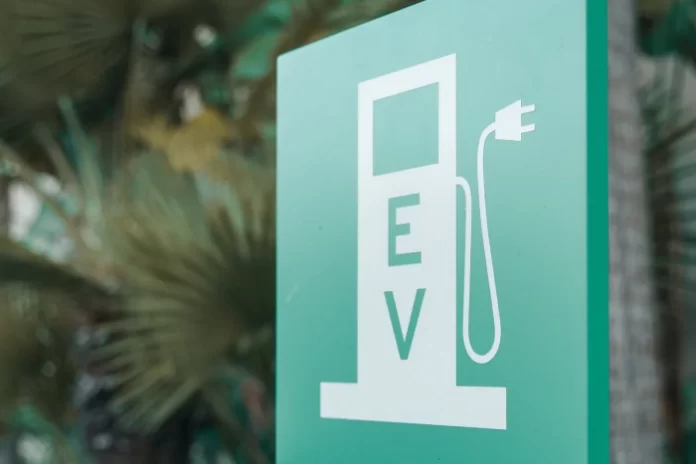Hindustan Motors (HM), the erstwhile maker of the iconic ‘Ambassador’ cars, expects to set up a new joint venture with a European partner to manufacture electric two-wheelers by next year, a senior official said.
Financial due diligence of both the companies will start in July, which will take two months, after which the technical aspects of the joint venture will be looked into and this will take another month, Director of Hindustan Motors, Uttam Bose.
“Only then, the structuring of investments (will be decided) and the new company formed, and this is expected to be completed by February 15,” he said.
Bose said after the formation of the new entity, two more quarters will be required to initiate the pilot run of the project, adding that the final product is likely to be launched by the end of the next fiscal year.
“After two years of commercialisation of the two-wheeler project, a decision will be taken on the manufacture of four-wheeler EVs,” the top company official said.
Bose also said its Uttarpara plant will have to be retro-fitted, as some of the control systems, along with electronic hardware and software, need replacement.
He said HM was the only original equipment manufacturer (OEM) in the country, having its own forging, foundry and paint shop, as well as assembly and welding shop, making the Uttarpara facility a completely integrated automobile plant.
However, the company closed down the plant in 2014 due to a lack of demand for ‘Ambassador’ cars and subsequently sold the iconic brand to French auto manufacturer Peugeot at a realisation of Rs 80 crore. It has also sold its luxury car brand ‘Contessa’ to SG Mobility.
The West Bengal government had allowed HM to sell around 314 acres of land at the Uttarpara plant for alternative use, following which the parcel had been sold to a real estate developer.
“Hindustan Motors is making profits now and is a completely debt-free company,” Bose said.
With a current employee strength of around 300, Bose said people will be chosen for the new project according to suitability.
When commercial production commences, around 400 people will get employed in the project, he said.








